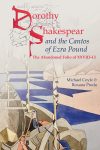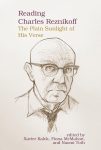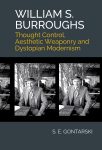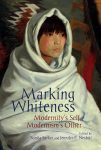The Sensuous Pedagogies of Virginia Woolf and D. H. Lawrence
Benjamin D. Hagen
Though the differences in style and politics between Virginia Woolf (1882–1941) and D. H. Lawrence (1885–1930) are many, they both had formative experiences as teachers. Between 1905 and 1907, Woolf taught history and composition courses at Morley College while Lawrence spent nearly a decade in the field of elementary education between 1902 and 1912. The Sensuous Pedagogies of Virginia Woolf and D. H. Lawrence reframes Woolf’s and Lawrence’s later experiments in fiction, life-writing, and literary criticism as the works of former teachers, of writers, that is, still preoccupied with pedagogy. More specifically, the book argues that across their respective writing careers they conceptualize problems of teaching and learning as problems of sensation, emotion, or intensity. But the “sensuous pedagogies” Woolf and Lawrence depict and enact are not limited to classroom spaces or strategies; rather, they pertain to non-institutional relationships, developmental narratives, spaces, and needs. Friendships and other intimate relationships in Lawrence’s fiction, for instance, often take on a pedagogical shape or texture (one person playing the student; the other, the teacher) while Woolf’s literary criticism models a novel approach to taste-training that prioritizes the individual freedom of common readers (who must learn to attend to books that give them pleasure). In addition, Sensuous Pedagogies reads Lawrence’s literary criticism as reparative, Woolf’s fiction as sustained feminist pedagogy, and their respective theories of life and love as fundamentally entangled with pedagogical concerns.
Sensuous Pedagogies is the co-winner of the 2022 Biennial Award to a Newly Published Scholar in Lawrence Studies.
You can read the introduction to Sensuous Pedagogies here.
“It is rare for Woolf and Lawrence to be considered together, rarer still to find a framework that successfully encompasses their autobiography, fiction, and critical writing, but Benjamin Hagen’s Sensuous Pedagogies discovers common ground between these two modernists in their lifelong concern with teaching and learning. Accompanied by Eve Sedgwick, Gilles Deleuze, and Sara Ahmed, Hagen leads us through a surprising landscape in which ‘pedagogies emerge where one least expects to find them.’ His humility as a teacher, his subtlety as a reader, and his daring in inviting us to reflect on our own experience in a series of ‘Assignments’ make Hagen’s study a richly rewarding addition to the bodies of knowledge created by Lawrence and Woolf.”
—Mark Hussey, Editor, Woolf Studies Annual
“Benjamin Hagen’s new book expands our sense of the term ‘pedagogy’ in order to chart kindred moments of teaching and feeling in the work of D. H. Lawrence and Virginia Woolf. Hagen’s refined interpretive sensibility allows him to navigate gracefully among Woolf’s and Lawrence’s work, theoretical texts by Gilles Deleuze, Eve Sedgwick, and Sara Ahmed, and his own classrooms and reading experiences. The innovative form of Sensuous Pedagogies, moreover, integrates discussion of modernist fiction and criticism with deeply reflective ‘assignments’ for readers and students to embark on. With this book, Hagen makes a dynamic contribution to Woolf and Lawrence studies, and illuminates the remarkable degree to which questions of teaching and learning penetrate the works and worldviews of these two writers.”
—Bridget T. Chalk, author of Modernism and Mobility: The Passport and Cosmopolitan Experience
“Sensuous Pedagogies obliges us to think afresh about the kinds of personal investment and motivation we bring to bear on our literary criticism… [the book’s value] both as a superb stimulus to teaching Lawrence and Woolf, and as a critical study in its own right, is unquestionable.”
—Jeff Wallace, Journal of D.H. Lawrence Studies
“Carefully researched and beautifully written. . . . The risks Hagen takes—by pairing two writers whose pedagogy strikes one at first as unreconcilable and by addressing his readers directly with unapologetic questions about our own investments in the texts we read and teach—ultimately pay off and produce a refreshingly sensitive reading of each author’s openness to their readers’ active engagement with the scenarios or spaces made possible by their prose.”
—Madelyn Detloff, Woolf Studies Annual
“[W]e must start to practice ‘sensuous pedagogies’ right away. In this way Lawrence and Woolf’s ideas will continue to come into closer contact.”
—Michael Black, The Modernist Review
“Hagen is a sensitive reader and . . . provides a careful analysis of passages that illustrate moments of what he terms ‘affective effect,’ moments that influence readers, texts, and characters to create new ways of being.”
—Helen Wussow, D. H. Lawrence Review
About the Author
Benjamin D. Hagen is Assistant Professor of English at the University of South Dakota. He teaches courses in modernist literature and the history of literary criticism and theory. His work on Woolf has appeared in the journals Virginia Woolf Miscellany, Modernism/modernity, and PMLA as well as in several edited collections (including Sentencing Orlando: Virginia Woolf and the Morphology of the Modernist Sentence (2018, Edinburgh UP) and The Handbook to the Bloomsbury Group (2018, Bloomsbury). His scholarship addresses a range of research areas, including modernist literature and pedagogy, affect studies, discourses on love, and depictions of aging across modernist poetry.
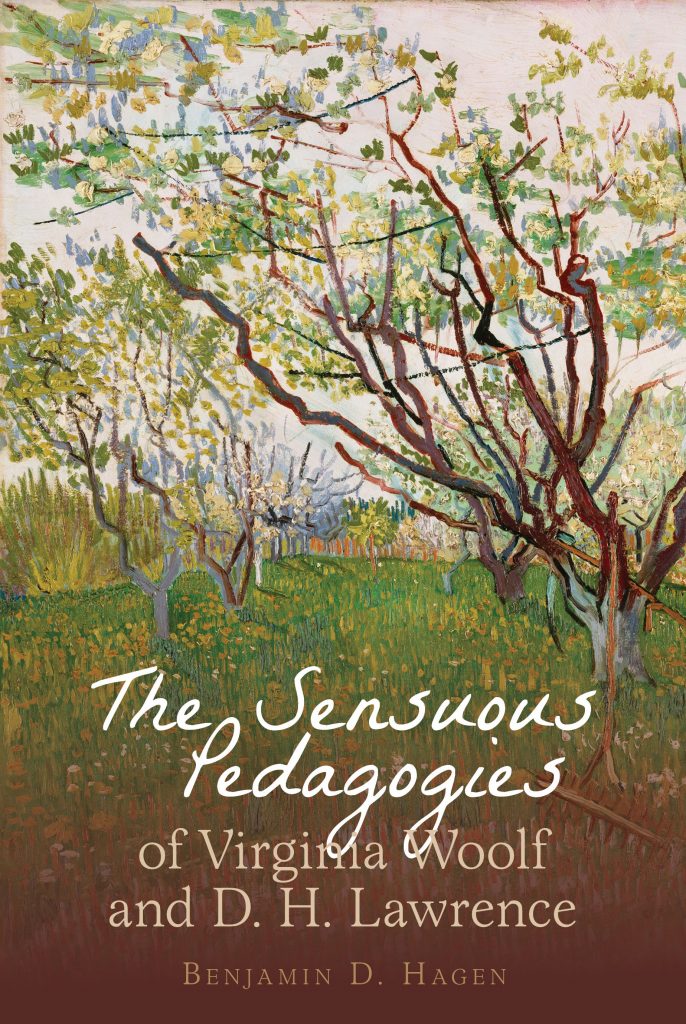
Details
Pages: 274 pages
Published: July 2020
Formats
Hardback
ISBN: 978-1-94997-927-5
eBook
ISBN: 978-1-94997-928-2
Subjects
LiteratureModernism
Series
Virginia Woolf Series
